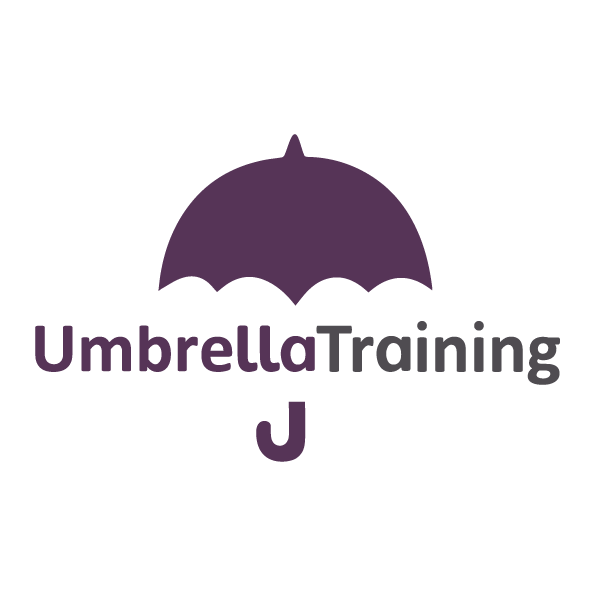FAQ
-
Apprenticeships are open to learners aged 16 and over and can be used to develop existing employees or attract new talent.
Programmes will generally last 12 months, plus a 2 month an End-point assessment period and are available for entry-level roles up to management.
Our apprenticeship programmes have been mindfully tailored along side the required industry standard making sure that both the employer and the apprentices benefits from highly skilled and productive learning.
We offer a great range of hospitality focused apprenticeships available for every job role within the industry and help find funding options to employers of all sizes.
-
There are so many benefits to having an apprentice in your teams, including:
☂️ Attracting new talent
☂️ The diversification of your teams
☂️ Upskilling current staff - improved retention
☂️ A cost-effective (Levy funded)
☂️ Government incentives for apprentices
-
The Apprenticeship Levy was brought in by the government in May 2017. It is a form of taxation designed to help companies offer more apprenticeships as training opportunities boosting essential training and industry skills.
The levy is a tax paid by employers who have an annual payroll of more than £3 million. These funds are then stored in a digital account which can be accessed to help pay for apprenticeship training costs.
Think of it as a bucket of money set aside for training that you automatically pay into each month from your payroll. Those funds support the development of your new and existing employees, but there is a catch, if you don’t use it… you lose it! It can not be used for anything else.
-
There are a few rules the MUST be followed when taking on an apprentice. The main are:
☂️ You must provide the minimum apprenticeship length of 12 months for each apprentice.
☂️ Adhere to minimum age-based pay for apprentices. You can pay more then mini wage if you wish.
☂️ Support off the job training. This is 6 hours per week irrespective of the hours work by the apprentice.
☂️ Must provide a genuine job for the learner so they can receive meaningful training and development of the job.
☂️ Sign an apprenticeship agreement with us. We can not start an apprentice.
-
An apprenticeship agreement is signed by the employer and apprentice before the start of the programme and outlines key details about the apprenticeship. It’s a legal requirement and acts as a contract of employment between the apprentice and employer. Apprentices younger than 18 will need to get a parent or guardian to sign on their behalf.
It will contain information like:
☂️ Employment and training length
☂️ Job role and apprenticeship programme
☂️ Amount of off-the-job training hours
☂️ Working conditions and rate of pay
Don’t worry, we create this for you, all you have to do is sign and return.
-
As an employer, you can choose how much to pay your apprentice, but it must be above the minimum rate set by the government. We always recommend paying a fair living wage.
Remember the miniumum wage is age dependant. National Minimum Wage*
☂️ Apprentice rate - £4.81
☂️ 18 to 20 years - £6.83
☂️ 21 to 22 years - £9.18.
☂️ 23 and over - £9.50
*Accurate as of June 2022
-
All employers must support the off-the-job-training element of their apprenticeship programme (this means allowing apprentices to receive formal training within their contracted working hours).
The minimum volume of hours no longer links to working hours (like the previous 20% off the job training rule). Off-the-job training now consists of a minimum of six hours per week – a consistent figure, irrespective of the hours worked by the apprentice.
Off-the-job training must:
☂️ Be relevant to the apprenticeship programme.
☂️ Be separate from the normal day-to-day job role and working environment.
☂️ Focus on developing new knowledge, skills, and behaviours.
☂️ Take place during normal paid working hours.
-
yes, you can use the levy to fund apprenticeship training for existing employees. It is not just for new staff.
Remember: The levy must be used to fund apprenticeship training only. It can not be used to fund other training activities.
Your levy funds expire after 24 months, so it’s advisable to use them where you can.
What clients are saying
“We are delighted with the quality of training provided. We receive regular feedback from the apprentices and Umbrella and this is key. We have seen that the personal approach from Umbrella has worked so well to bring out the best in our teams.”
—John Hollywood - ICONIC Luxury Hotels



